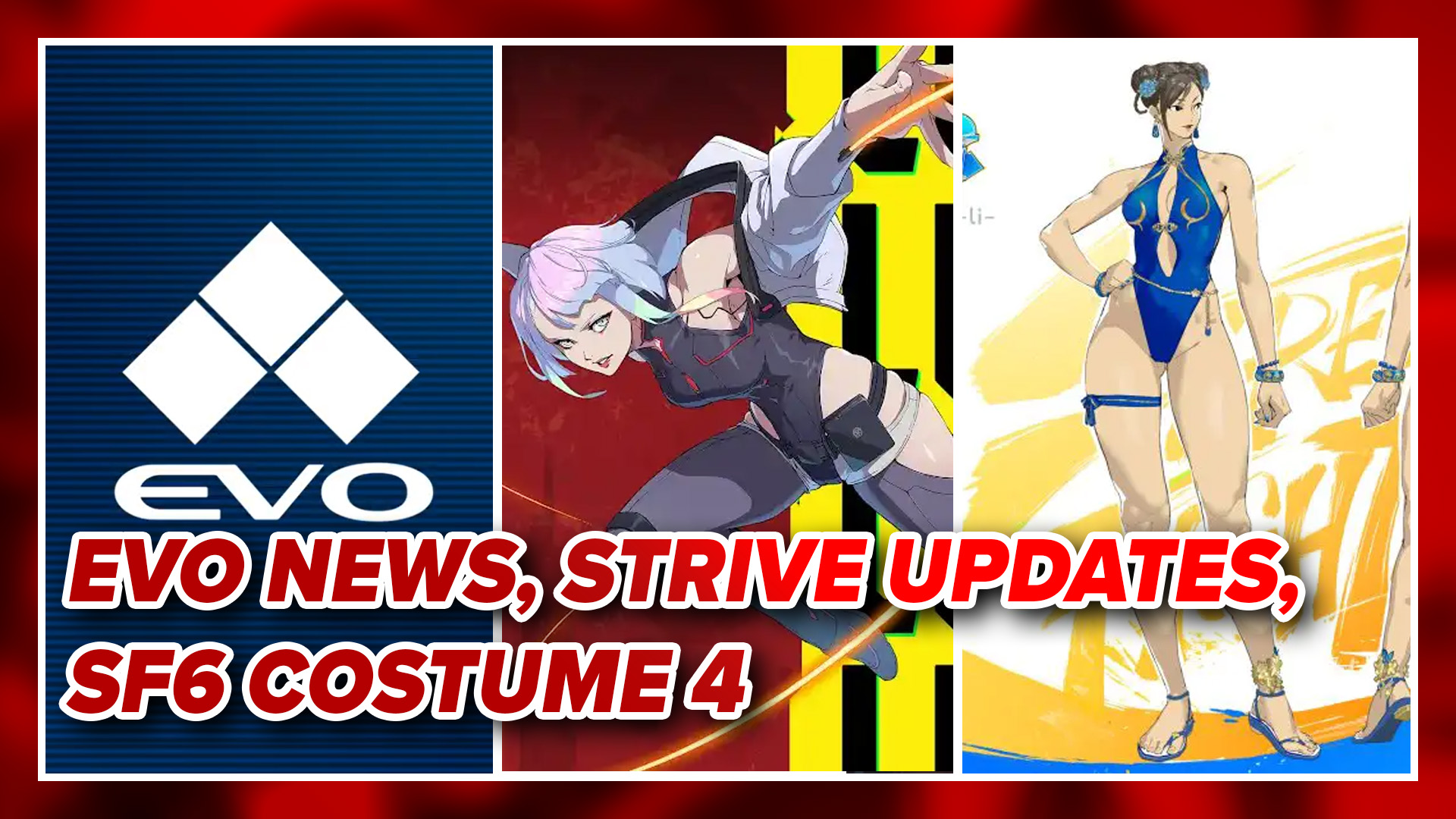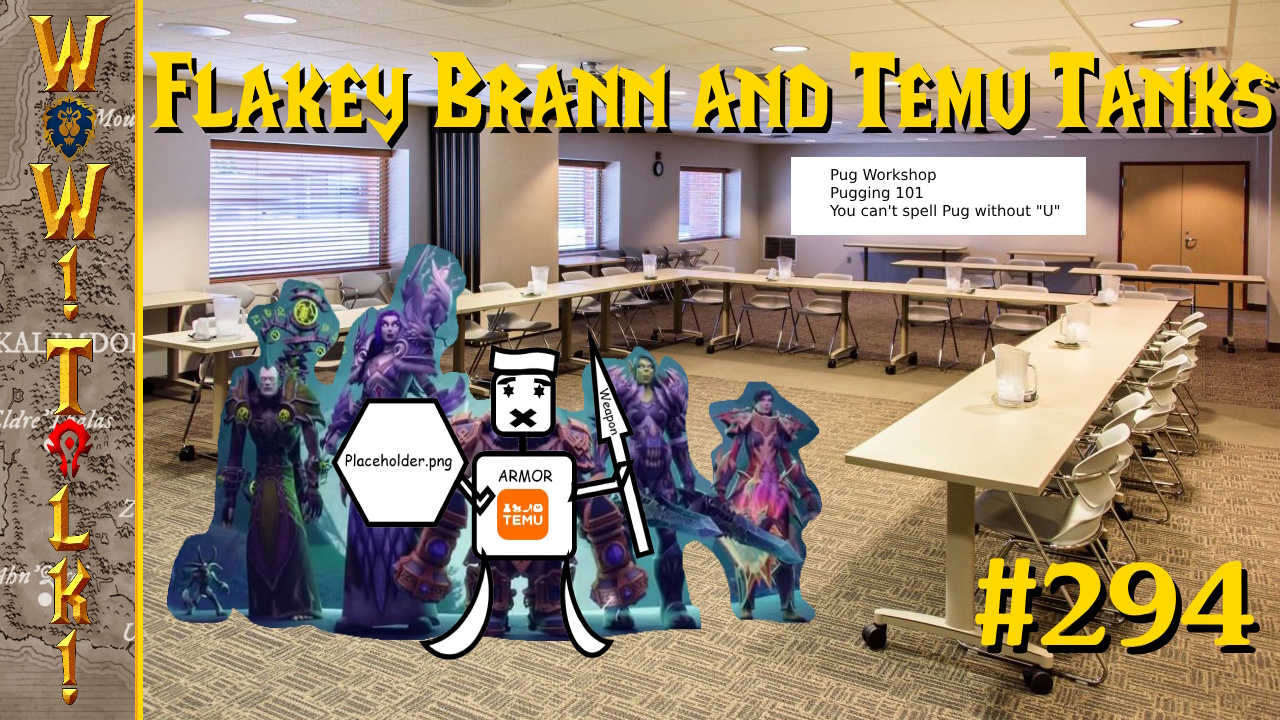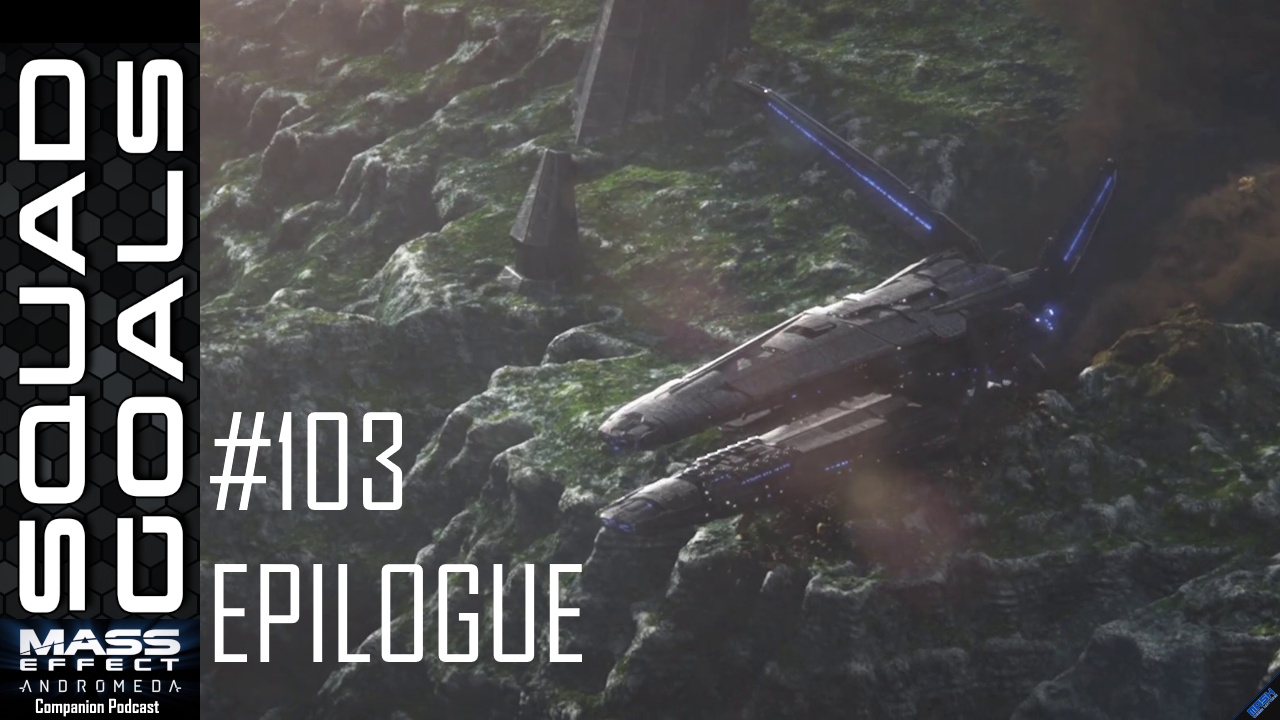
Blizzard’s efforts in reflecting real world holidays in the Azerothan calendar always create an opportunity to contrast cultural differences between our lives and those of our avatars. For example, as America prepares to celebrate Independence Day, Azeroth is in the midst of their erroneously named ‘Midsummer Fire Festival.’ While we are looking to celebrate our independence and freedom, Azeroth’s citizens are celebrating the fire elementals. Although both holidays culminate in an excess of fireworks, the fact that Azeroth lacks an Independence Day is telling of just how free those citizens are.
For the Horde, they are in the midst of events that might result in an annual celebration of Independence. Garrosh has ruled the Horde as a militant dictator to the point of using the Kor’kron to monitor the populace and punish anyone who dare even suggest that Garrosh’s leadership should be questioned. However, the Horde (and the role of Warchief) have always had a military role at its core. The Horde oath as administered to the Taunka in Dragonblight demonstrates this:
“Lok’tar ogar! Victory or death – it is these words that bind me to the Horde. For they are the most sacred and fundamental of truths to any warrior of the Horde. I give my flesh and blood freely to the Warchief. I am the instrument of my Warchief’s desire. I am a weapon of my Warchief’s command. From this moment until the end of days I live and die – FOR THE HORDE!”
The premise is simple, and it establishes exactly how Horde rule functions. The Horde is almost feudal in that it requires an oath of fealty, with all members swearing their allegiance to the Warchief. This is an important (lack of) distinction: to be a member of the Horde is to serve the Warchief. While Malkorok is overly aggressive in assaulting dissenters like Kor’jus, the Orgrimmar mushroom vendor, he is correct in his premise that obeying the Warchief is a Horde member’s primary objective. Any allowance that the Horde has for internal discourse and debate is entirely at the whim of the Warchief. This is why Thrall, who valued the opinions of the non-orc Horde races, was more respected as a Warchief than Garrosh; who banished the trolls and goblins to the slums of Orgrimmar early in his tenure.
The problem is that both Thrall and Garrosh were within their rights for acting as they did, based on the oath. And this is why after Garrosh is deposed it will be interesting to see how the matter of Horde government is addressed. The Horde started as a gathering of the orc clans on Draenor when they unknowingly carried out the Burning Legions plans. Over time, the Horde has come to include many of the Azerothan races, and it appears that these ‘new’ races will be the ones to decide the future of the Horde. While everyone in the Horde exists only to serve as “a weapon of [their] Warchief’s command,” there is little freedom amongst those races. But that looks to be changing in the near future.
The Alliance, on the other hand, is all about assent. When the Tushui Pandaren look to join the Alliance, Varian describes the conditions upon which membership sits. “The races of the Alliance look out for one another. You are expected to provide aid to Alliance members in need.” This is the crucial distinction between the Alliance and the Horde. Whereas the Horde is focused on consolidating power into one ruler, the Alliance is a group that collectively watches out for each other. There is no pledging of flesh and blood, there is simply an agreement that you will aid your fellow members when needed. Though Garrosh can threaten Horde members with charges of treason or death for disobeying his orders, it is well within the rights of Alliance members to decline a request for aid if it cannot be provided.
Varian himself experienced such a declination when requesting help from the dwarves of Ironforge to fight the Zandalari in the Blood in the Snow scenario. Additionally, no member of the Alliance is placed above another — all are bound to each other. The lowest peon can request aid just as can the High King of Stormwind, and the rest of the Alliance is expected to answer the call. This may not be true freedom, but it is far from subservience.
The words of the oath and of Varian detail just how these factions treat their citizens. Horde members are bound; they are instruments. There is no room for free will in the Horde. The Horde acts as one body, obeying the will of the Warchief. The Alliance, however, is about providing aid, and the unity that brings. There are expectations, but providing aid is something that most reasonable citizens of any society would do regardless. One faction borders on tyranny, the other acts like a commune.
Though each race has their own government and culture, there is no true democracy in the World of Warcraft. For now, it seems that the races that are the most free are of the Alliance, but that is all subject to change pending the resolution of patch 5.4. For now, we can enjoy Independence Day knowing that while we might delight in playing an orc or a dwarf or even a human, we are more free than our characters, and we are lucky that the only fighting we have to do is virtual.
WoW! Blurb!
Vol’jin: Shadows of the Horde is out now! Find out if Vol’jin sees the Horde shadow when he wakes up from his coma. If he does, then its six more weeks of patch 5.3! http://www.amazon.com/World-Warcraft-Voljin-Shadows-Horde/dp/1416550674




